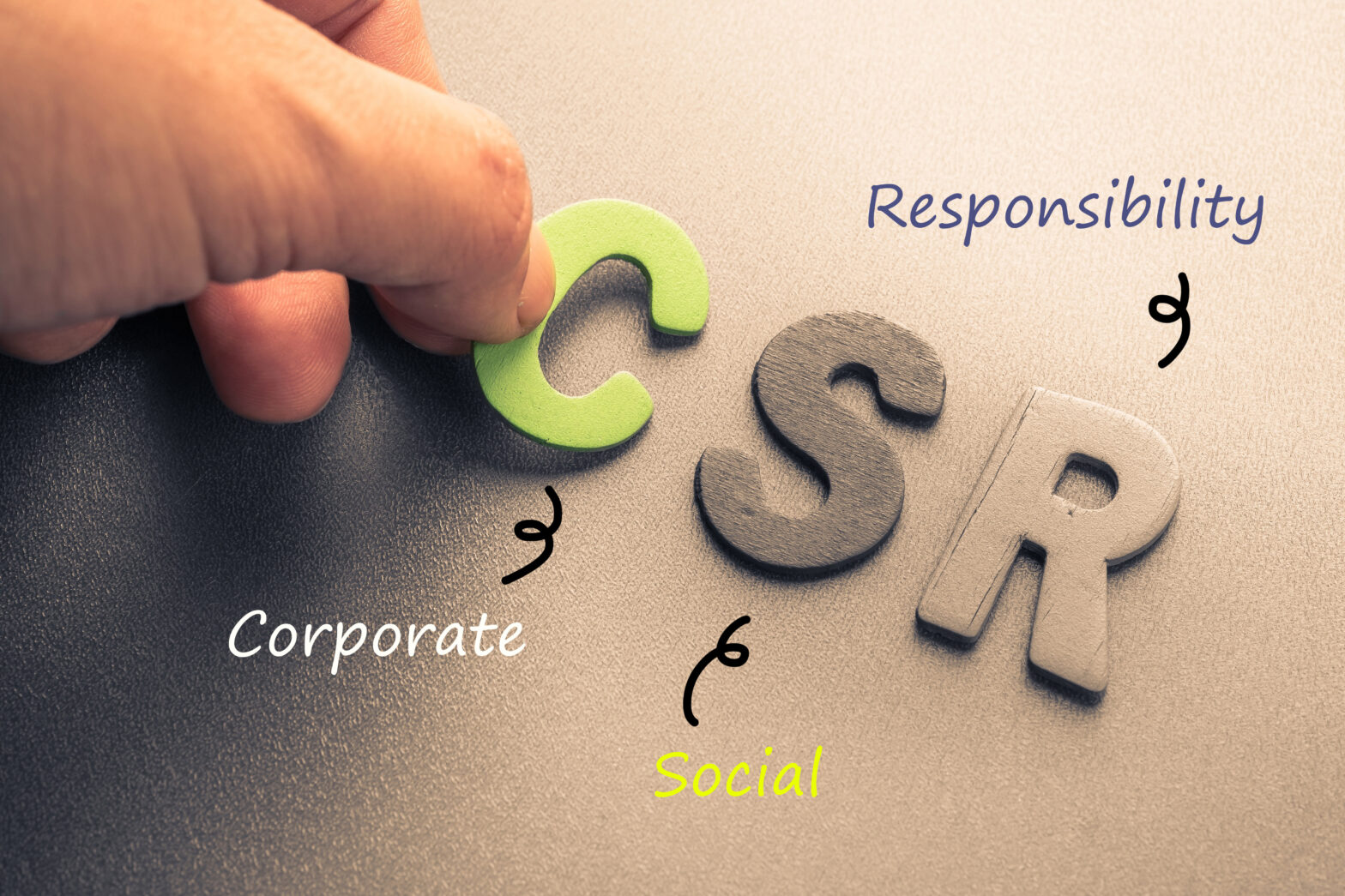Small organisations often seek both monetary wealth and moral wealth, with the latter providing not just ‘good PR’ but a worthwhile sense of philanthropy in growing businesses.
Businesses, regardless of what sector, region or industry they operate in, share one thing in common: the desire to grow and generate profit.
Some, of course, have more success than others and, in my column, I have written about productivity and innovation as keys to unlocking corporate potential.
But, for fear of being thought of as slightly mad, today I want to talk about how businesses can grow through ‘caring’. What if I was to tell you that caring for the environment and communities can not only fulfil an emotional void but also be a tangible means of business growth?
The ancient Greeks had four words for love. Eros (romance), philos (love for friends), storge (love for family) and agape (charity and love for the world).
Thinking about the last one; thousands of people give money to charity each year, give blood, volunteer in soup kitchens or charity shops, skydive, bungee jump, run marathons or hold coffee mornings to raise funds for worthy causes.
Why do they do this? Because people need more out of their lives than can be achieved by just doing things for themselves. So many studies show that people are not motivated by money, but by emotion; feeling good and doing good.
The same should be true for corporate objectives and I believe small businesses can have the best of both worlds; establishing more sustainable, charitable ways of working which don’t compromise profit and growth and build on them for the long term.
A sense of purpose
At our company we manufacture and distribute a self-test kit for HIV, allowing members of the public to test themselves for the virus at a time and place that suits them, and have their own accurate result in 15 minutes.
But we’re not just selling products, we’re actively and passionately campaigning to destroy stigma and make HIV and AIDS a thing of the past. Consequently, we work with several brilliant charities and social enterprises that share our vision and are crying out for support.
In fact in 2015, together with a collaboration of organisations from the private sector, NHS and charity sector, we launched our own social enterprise called Last Taboo.
The movement was not designed as a PR stunt or money making initiative, but was designed to nurture, normalise and generate conversation around sexual health, campaign for better education around sexual health, raise awareness and break stigma around HIV and generally educate people about how HIV and other STI’s are transmitted, tested and treated.
This makes a difference not just to us in the battle against HIV, but in the communities in which we operate and serve and population generally.
Cynics may argue that when business leaders talk about corporate social responsibility they’re just doing it to generate some PR or fulfilling some legal obligation. But I think that’s remiss and I would go so far as to suggest that CSR is a visionary business strategy.
Wildlife can’t flourish in a polluted ecosystem and in the same way, businesses can’t grow in a derelict environment.
For me, being socially responsible goes beyond fulfilling legal obligations or seeking positive media attention.
It’s about how we, as responsible companies, do business; demonstrating a commitment to communities, education, charitable efforts and the environments in which we operate. CSR can benefit businesses in so many ways and if others benefit also, it’s a win win situation.
Morale booster
On a basic level encouraging your team to take part in CSR initiatives boosts morale, costs a business very little and makes employees feel they (and their employer) are giving something back to others.
It gives a real feeling of emotional gratification and can leave your team motivated and empowered. Staff shouldn’t be coerced, but through internal communications and dialogue can be inspired to be involved. This connects to both innovation and engagement.
On the innovation side, people can be encouraged to be creative and come up with exciting new CSR ideas; they will also develop qualities such as project management, team building and empathy.
This return on investment is calculated before you even start to consider the savings that can be made from energy and waste reduction schemes; not to mention the support, awareness and funds that can be raised for worthy causes.
CSR strategy
For this model to be successful though, it’s really important to build a cohesive strategy around CSR and link it to the core values of your business and HR. My advice would be to look at CSR as an overall goal for your company but avoid a Gordian knot of unplanned initiatives.
Every member of your team and your network must fully understand, believe and invest in what you, as a company, are doing. It’s therefore vital to prove to them, and the business, that you are not just doing CSR for the sake of it.
Every initiative has to have a clear outcome. New ideas and programmes cannot be created without first considering how it can support the achievement of corporate priorities. How will each CSR initiative impact on your customers and the mission and purpose of your business?
In short, if you consider the points above and make corporate social responsibility a means of engaging your people, your customers, prospects and communities, boosting productivity, enhancing your network and giving both your people and your organisation a sense of deeper meaning, wider than just money making, this can pay dividends.





